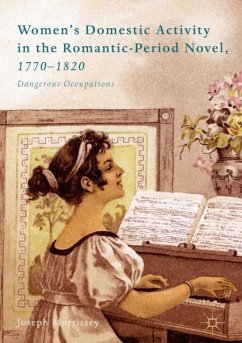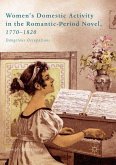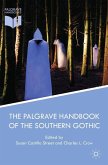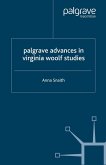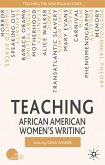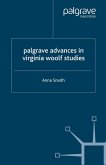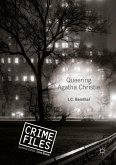This book examines women's domestic occupations in the Romantic-period novel at the most intimately human level. By examining the momentary thought and feeling processes that informed the playing of a harp, the stitching of a dress, or the reading of a gothic novel, the book shifts the focus from women's socio-cultural contributions through domestic endeavor to how women's day-to-day tasks shaped experiences of joy, friendship, resentment, and self. Through an understanding of domestic occupations as forms of human action, the study emphasises the inherent unpredictability of quotidian activities and draws attention to their capacity for exceeding cultural parameters. Specifically, the book examines needlework, musical accomplishment, novel reading, and sensibility in the work of Charlotte Smith, Jane Austen, and Frances Burney, giving new perspectives on established canonical works while also providing the most sustained analysis of Charlotte Smith's little studied novel, Ethelinde, to date.
"Morrissey's discussion of the domestic occupations of women's lives during this period remains an important addition to this body of literature. By connecting the varied forms of activity women engaged with, the author successfully argues for a complex and nuanced understanding of accomplishments, one that interrupts 'hierarchical binaries between work and leisure, productive and non-productive, and public and domestic' ... ." (Freya Gowrley, Eighteenth Century Fiction, Vol. 33 (3), 2021)

